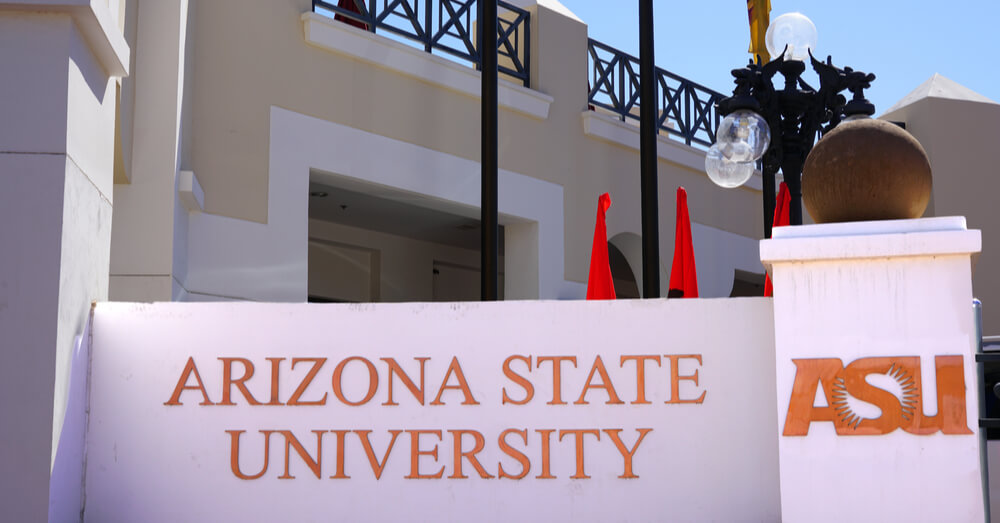
The blockchain-based app, named HealthCheck, will be used to track all on-site students and employees on a daily basis
As the number of coronavirus cases in the United States rise, partly due to the start of the fall semester, colleges have been scrambling to implement enhanced social distancing measures in an effort to mitigate the spread of infection.
Arizona State University (ASU), in particular, is one of the harder-hit colleges in the country. It is one of the largest public universities in the US, which has made coping with the public health crisis more difficult on the part of administrators.
The institution has been struggling with over 2,500 reported cases as of 5 November, and it is now taking a step forward in tackling the crisis using a test and trace app. All 74,500 on-site students, alongside 12,400 employees, have been mandated to use a mobile application that is based on blockchain technology.
The testing and health status app, named HealthCheck, was designed by Safe Health Systems (SHS). SHS, a partner of the Mayo Clinic, has signed an agreement with Hedera Hashgraph to record, track and verify events in real time with the use of distributed ledger technology.
The HealthCheck application is powered by SAFE, a digital health platform that was developed with help from the Mayo Clinic and ASU Health Care MedTech Accelerator program. The platform is responsible for generating digital health IDs as well as an auditable log of all events. In the case of HealthCheck, the IDs and logs will be verified and stored with the use of the Hedera Consensus Service.
All these technologies have been implemented to ensure that sensitive health information will be kept private, and that all data reports are accurate and accountable. The HealthCheck announcement specifically pointed out the importance of coordinating with private health insurance firms in its data-tracking efforts, as explained by the Chief Executive Officer of SHS, Ken Mayer.
“We need vastly better information about cases of COVID-19 across various populations to be able to diagnose, treat and make smart choices about how we approach community response to the virus, with less of a ‘peanut butter’ approach. Only with this kind of information, shared across providers in a smart, secure, and tamper-proof way, can we start to move forward.”
Several US Colleges have reported experiencing significant success with launching in-house surveillance testing programs that randomly test students, regardless of whether they are displaying symptoms of infection. While these programs do not place as much emphasis on data privacy, the widespread and random testing measures have ensured that these colleges are more secure about maintaining in-person learning throughout the fall and spring semesters.

